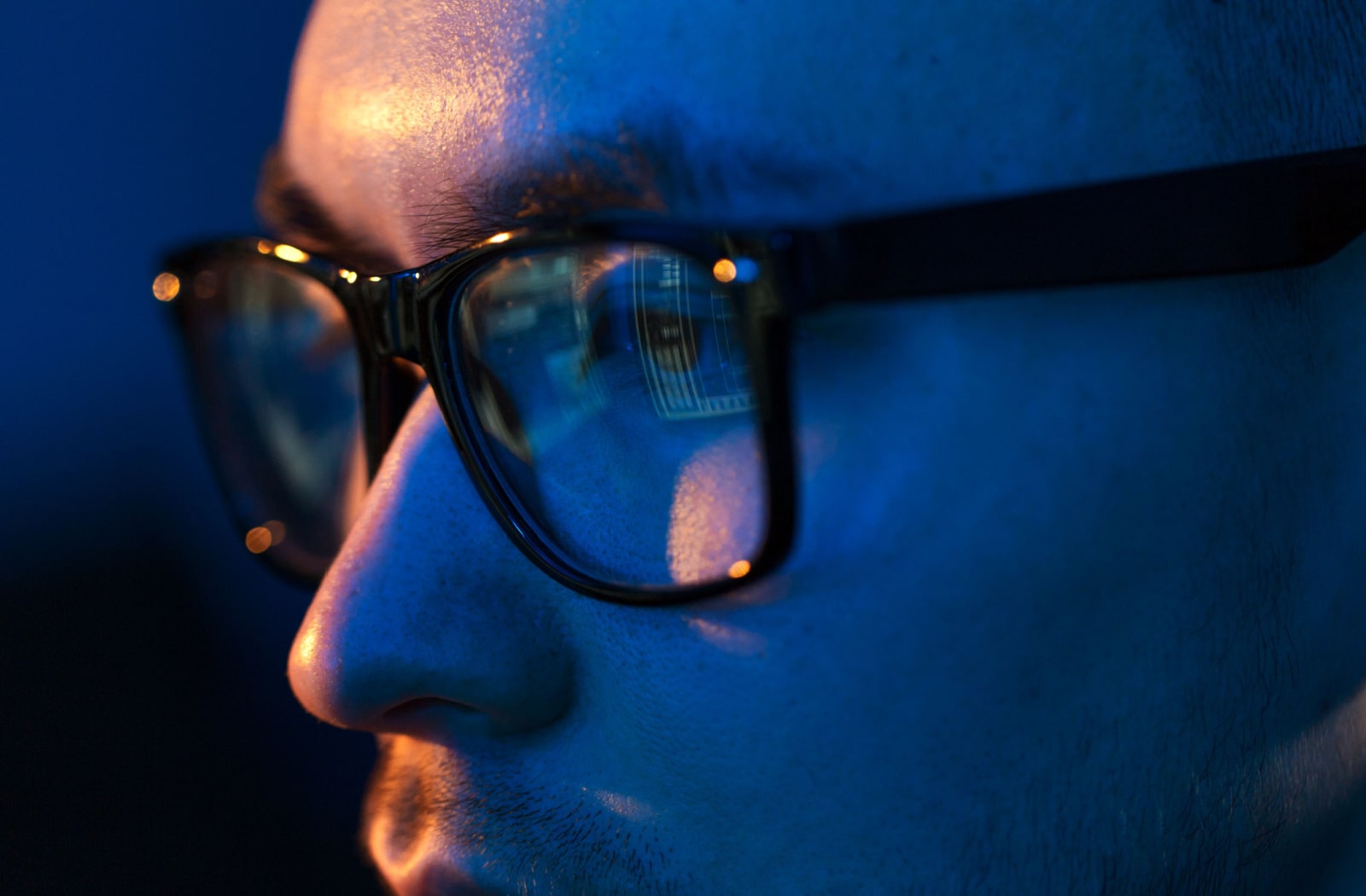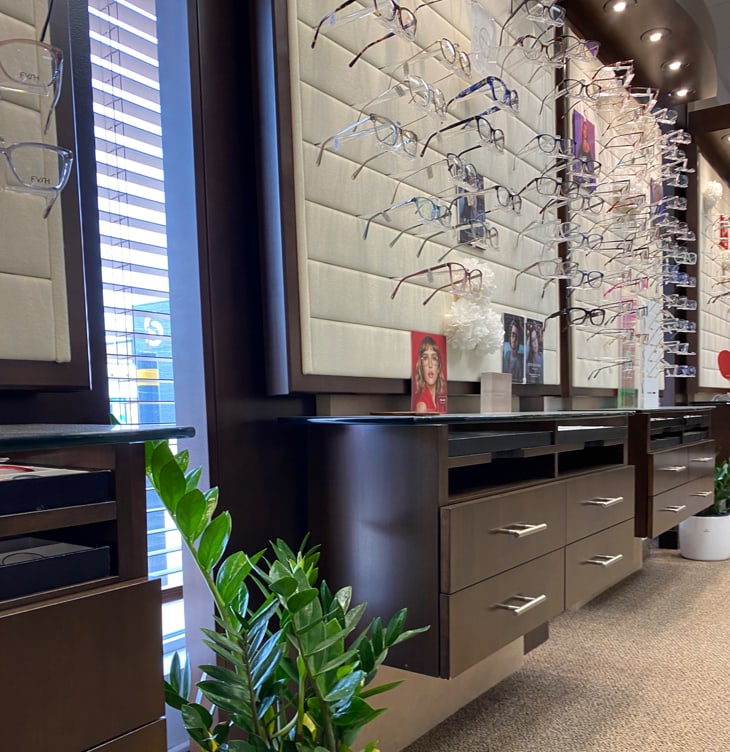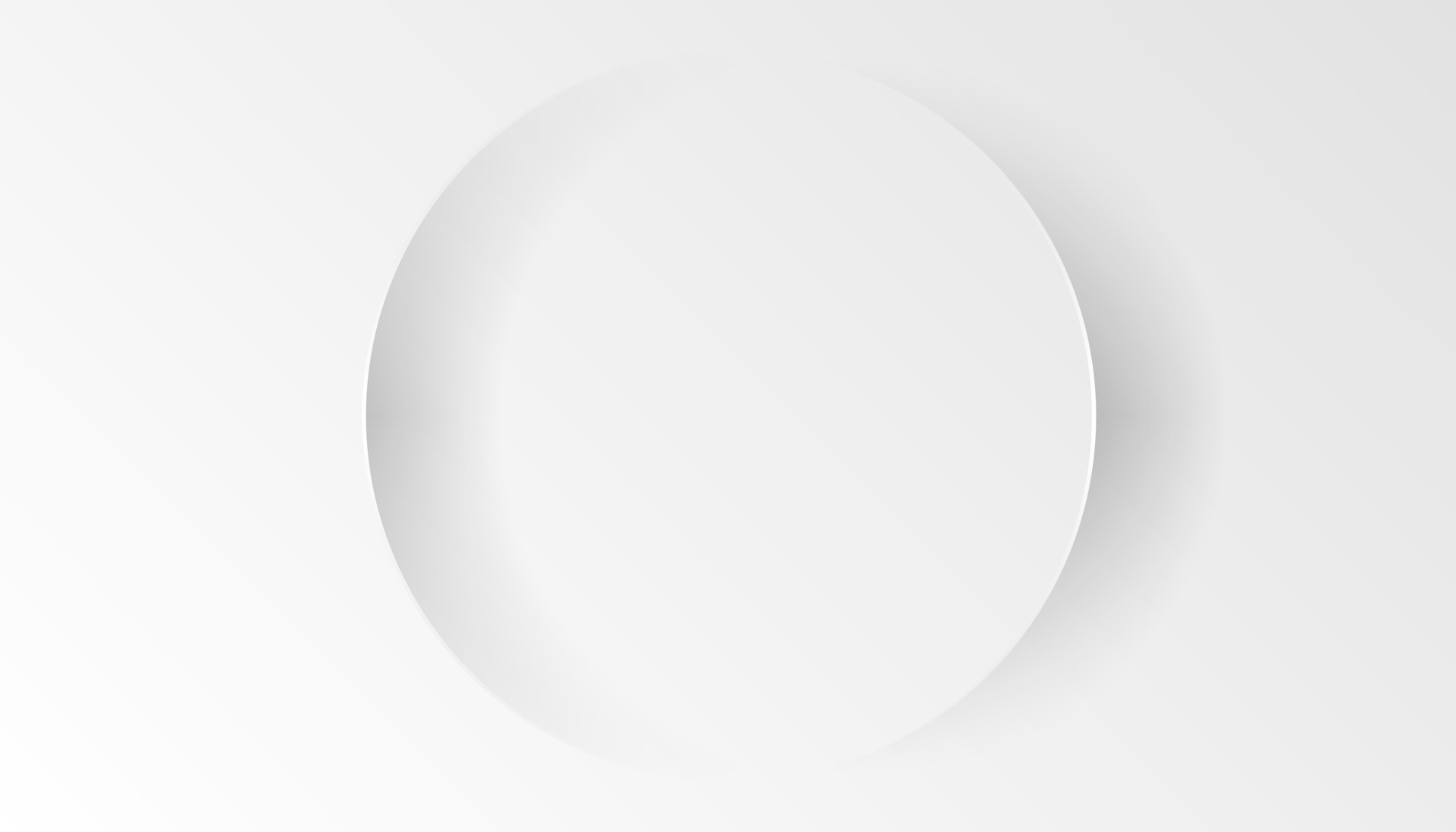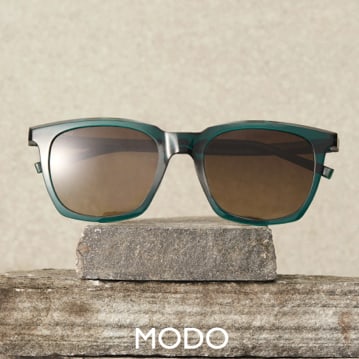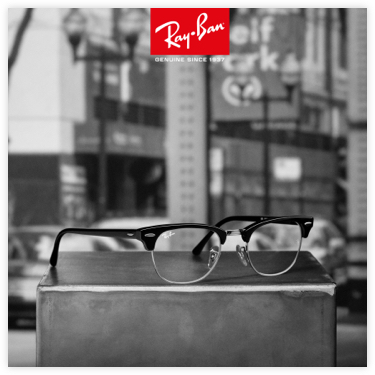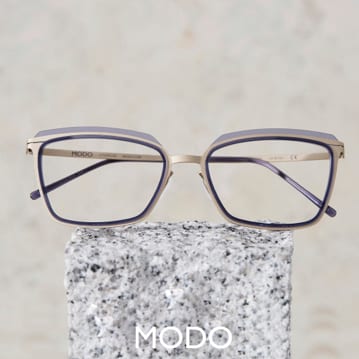Staring at screens for long periods has become common in today’s digitally-driven world. It can adversely affect your vision, leading to dry eyes and digital eye strain or computer vision syndrome.
Blue light glasses can shield your eyes from the effects of blue light emitted by screens. Blue light can affect your circadian rhythm and make it harder for you to sleep at night.
What Is Blue Light?
Blue light is a short light wavelength measuring between 415 nm and 455 nm and part of the visible light spectrum detected by the human eye. The sun is the primary source of blue light, which can have several benefits, such as:
- Helping you stay alert
- Boosting memory and cognitive function
- Potentially improving seasonal depression
- Helping with some skin conditions
However, artificial sources such as digital screens, including computers, smartphones, TVs, and LED (light-emitting diode) lights, also emit blue light. The abundance of digital screens in our lives has increased exposure to artificial blue light. That’s where potential concerns arise.
Long periods in front of and closer to the screen combined with the fact that blue light is short, high-energy waves, has the propensity to scatter more in the eye than other visible light, making it quite challenging to focus on than lower energy wavelength light. Also, using digital devices for long hours can cause you to blink less often, leading to fewer tears and more eye strain.
Other symptoms of digital eye strain can include:
- Blurry vision
- Double vision
- Dry eyes
- Red eyes
- Irritated eyes
- Watery eyes
- Headache
What Are Blue Light Glasses?
Blue light glasses or blue light-blocking lenses help to reduce the amount of blue light reaching your eyes. These glasses look like regular eyeglasses but have a special coating or lens technology. Blue light glasses can be available with prescription lenses, reading glasses, or on their own.
How Do Blue Light Glasses Work?
Blue light glasses come equipped with special lenses that have a filtering capability to block high-energy visible blue light. Some lenses can absorb a portion of the blue light spectrum before it reaches your eyes. The special coating on these lenses helps reduce how much blue light enters your eyes, making the screen’s contrast less intense.
Are Blue Light Glasses Worth It?
Are blue light glasses just another fad, or do they provide tangible benefits? The answer is it depends.
If you spend significant amounts of time in front of screens—2 or more continuous hours, whether for work or leisure every day, you can be more at risk for developing digital eye strain. Exposure to blue light, especially in the evening, can mess up our circadian rhythm and make it harder to catch some quality shut-eye.
You can improve your sleep quality by wearing blue light glasses in the evening, especially when using devices like phones and laptops. Blue light glasses may be worth considering to make a difference in your eye comfort. But before buying a pair of blue light glasses, speak to your eye doctor about your screen time usage, symptoms, and appropriate protective measures.
How to Limit Blue Light Exposure
While the scientific evidence isn’t definitive, and there is no clinical evidence of the harm to your eyes with low intensity and short exposure to blue light, there is also no harm to wearing blue light glasses. Here are some things you can do to limit the effects of digital screens on your eyes:
- Take regular breaks: Follow the 20-20-20 rule to avoid dry eyes and eye strain.
- Remember to blink: You blink less when staring at screens. Blink frequently to produce tears and maintain a lubricated and healthy ocular surface.
- Use artificial tears: These can provide relief for tired and dry eyes. Speak to your eye doctor about what artificial tears to use.
- Computer glasses: Have prescription lenses made specific to your computer use, considering lighting and distance between you and your computer screen.
- Reduce the glare: Adjust the screen and ensure it doesn’t have fingerprints or dust.
- Adjust the screen: Adjust brightness to your surrounding light and decrease the contrast or increase font size. Position the screen at arm’s length and at or slightly below eye level.
Improving Vision Comfort in London
All blue light is not bad. Some exposure to blue light, such as during the day, can help you stay alert. However, blue light exposure can affect melatonin production and disturb your sleep. Blue light glasses can filter out or reflect blue light to help improve your sleep/wake cycle. If you’re a daily digital screen user, try avoiding using screens for 2–3 hours before bedtime.
For advice on blue light glasses and your specific eye care needs, book an appointment with the eye doctors at Old South Optometry.


